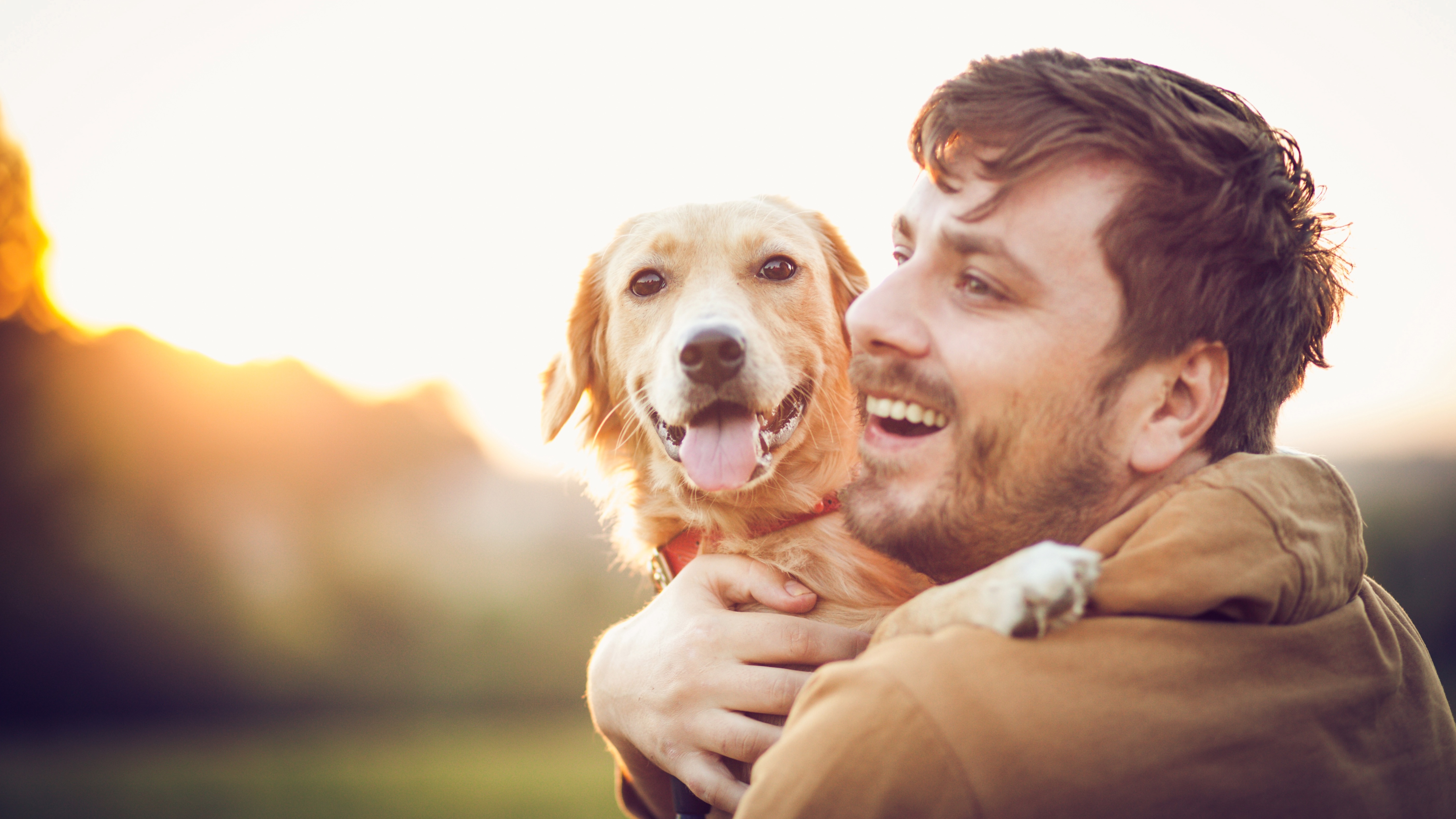
We've all been there — our pup steals some food off the counter when our backs are turned or jumps up at a guest when they walk through the door and we scold them without even thinking. Telling our dog off from time to time is all part and parcel of being human.
But using punishment regularly as a way to change behavior can seriously damage the relationship you share with your dog, which is why most qualified professional trainers and behaviorists now advise against it.
If you're anything like a lot of dog owners, you may be skeptical about whether dishing out the best dog treats and rewarding the behaviors you want to see more of can really be effective when it comes to creating long-lasting change, but according to expert behaviorist Renee Rhoades, it absolutely can.
"Regardless of what you have heard positive reinforcement CAN and IS used to change behavior - and it is the safest, kindest approach," she says in a recent Instagram post.
Read on as Rhoades shares four reasons why punishment can be so damaging to your pup...
1. Negative emotional effects: "Punishment can lead to negative emotions such as fear, anxiety, and resentment towards a guardian," says Rhoades. "These emotions can damage the relationship between the punisher and the individual being punished, leading to a lack of trust and open communication."
2. It doesn't teach behaviors: While we can sometimes fall into the trap of thinking that punishing our pup will help them learn what not to do in the future, the truth is that punishment often fails to teach or reinforce desired behaviors.
"While it might stop the unwanted behavior temporarily, it does not provide a model for positive behavior nor does it teach the individual what they should do instead," explains Rhoades
3. Increases aggression: Research published in Scientific Reports revealed that the use of aversive training methods (like physical punishment) can lead to more serious behavioral issues, such as dog aggression.
4. It can cause long-term psychological damage: "Punishment, particularly when harsh and frequent, can lead to psychological damage, including increased anxiety, depression, and a lack of confidence. The more punishment used on a dog, the more likely they are to experience pessimistic outlooks," explains Rhoades.
When it comes to the best ways to improve your relationship with your dog, steering clear of physical punishment is top of the list.
The science behind positive reinforcement for dogs shows us that reward-based training doesn't just build trust and therefore deepen your bond, it also leads to better physical and mental health outcomes for your pup.
Not sure where you start with getting your canine companion on the right track? Here are 25 practical tips for training your dog on your own (and number eight is a game-changer!)







